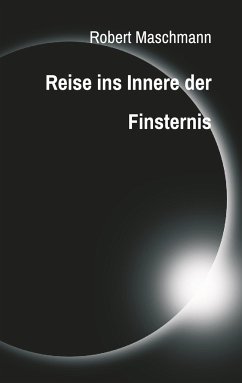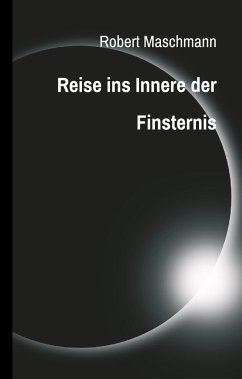In the scholarship specifically focused on Schopenhauer's philosophy,this book stands out due to a breadth and depth of knowledgenot found elsewhere in English or German texts. Its originality liesin its detailed portrayal of the lines of reception from Schopenhauerto Nietzsche, Deussen and Freud. First, it demonstrates convincinglyhow specific points in Nietzsche's philosophy were determined directlyby Schopenhauer's work. Second, the book provides the richestavailable account of Deussen's philosophical-religious project. Third,it argues meticulously for Schopenhauer's significant influence onFreud's thought. Freud did not reject completely or agree superficiallywith Schopenhauer, but endeavoured to carry forward and modify hispredecessor's ideas. The section on Freud is likely to have long-lastinginfluence within scholarly circles.Nietzsche scholars, intellectual historians with an interest in the nineteenthcentury, and Freud scholars will all find the book valuable. Additionally,specialists in Schopenhauer's philosophy and those interestedin the European reception of Indian thought and the history ofreligion in the nineteenth century will also read it with interest.
Bitte wählen Sie Ihr Anliegen aus.
Rechnungen
Retourenschein anfordern
Bestellstatus
Storno








